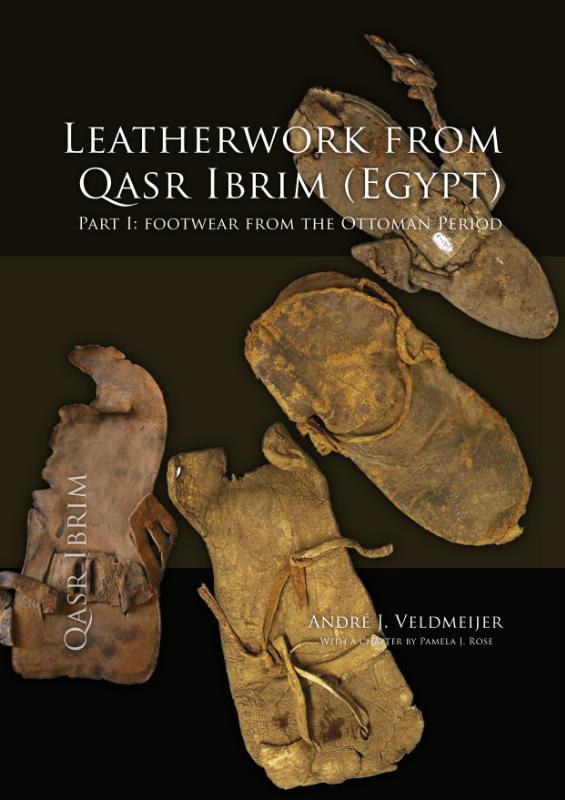Binding : Paperback
Distributievorm : Boek (print, druk)
Formaat :
211mm x 298mm
Aantal pagina's :
200
Uitgeverij :
Sidestone Press
ISBN :
9789088900969
Datum publicatie : 01-2013

€ 95,00
ePUB ebook
niet beschikbaar
PDF ebook
niet beschikbaar
€ 95,00
niet beschikbaar
niet beschikbaar
5-6 werkdagen
Veilig betalen 

14 dagen bedenktermijn

